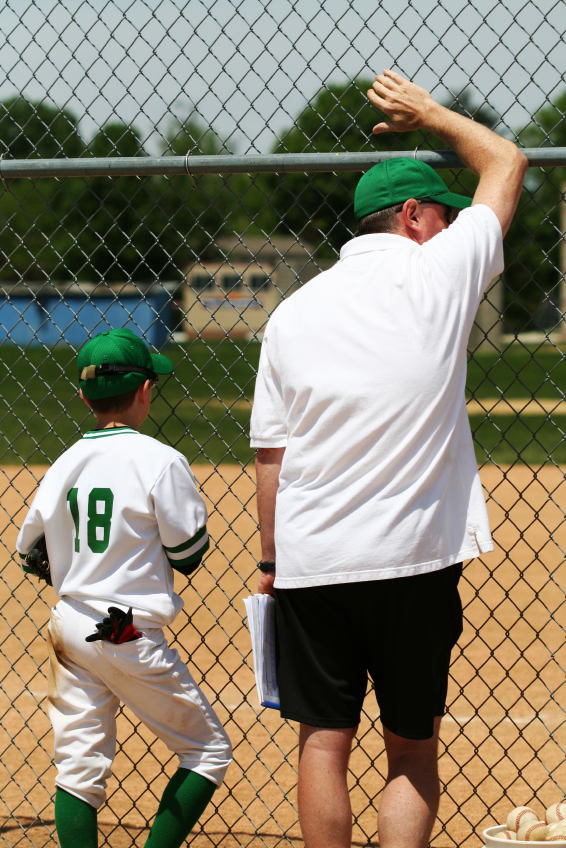Youth sports is a hot topic because it involves so many people. More than 21 million children between the ages of 6 and 17 participate in team sports on a regular basis, according to a Sports & Fitness Industry Association survey of households.
That number doesn’t include league directors and organizers, referees, coaches and parents.
Oh, the parents.
They’re in the news right now because of P. Diddy, who allegedly assaulted his son’s strength and conditioning coach at UCLA. That news is prompting stories about the behavior of parents at youth games ““ from verbal and physical assaults of coaches and refs to non-stop screaming at kids from the sideline.
In honor of Mr. Combs, here are nine mental health tips for youth sports parents:
- Don’t sit and watch your child’s practice. It’s not a game; it’s the time for coaches to teach, game plan, bond with the players and help develop camaraderie. It’s not the time for you to yell out instructions. It’s not your time at all; it’s your coaches’ time.
- Don’t chart your child’s playing time in relation to their teammates. Seriously, I had a coach tell me that he had parents doing that. It’s a bad idea. Nothing can be gained from that conversation.
- Don’t sit on the sideline and envision the day your child gets a college scholarship offer or signs their first pro contract. Another bad idea. And unlikely to ever occur.
- Leave the refs alone. Let the coaches talk to them. It’s not your role.
- Leave the coaches alone. And the next time a volunteer is needed to coach the team, feel free to raise your hand.
- Leave the opposing team’s parents alone. Even if they act like jerks. Think it sets a good example for the kids to see you in a shouting match with other parents? Yikes.
- Take deep breaths. They are good for you.
- Try to enjoy the show. Your child won’t be playing forever.
- Do NOT threaten (allegedly) your kid’s strength and conditioning coach with a kettlebell.

